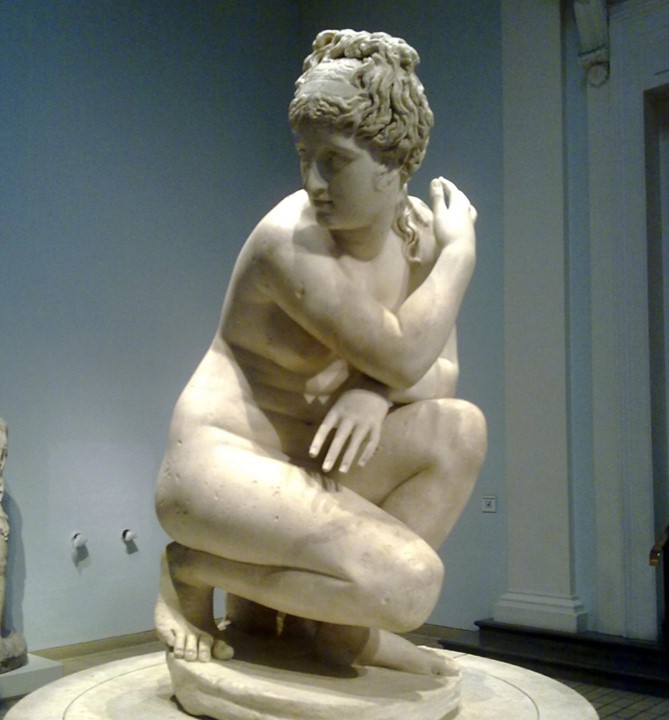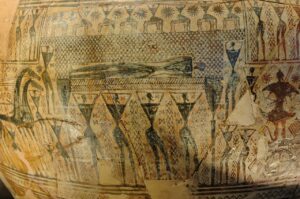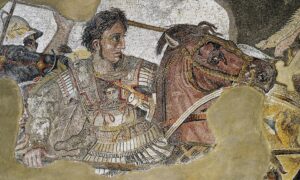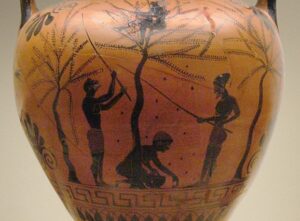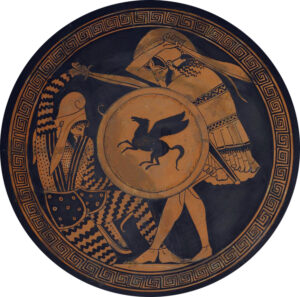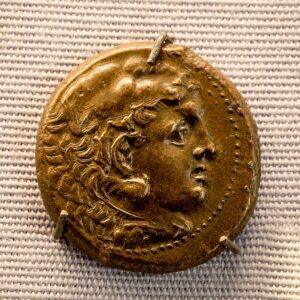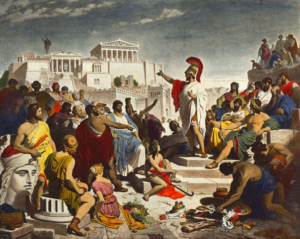Aphrodite, the ancient Greek goddess of love, beauty, and fertility, was one of the twelve Olympian gods and goddesses of ancient Greek mythology. She was celebrated and worshiped by the ancient Greeks and played a central role in ancient Greek culture and daily life. In this article, we will explore the significance she had and her impact in ancient Greek history and religion.
Origin and Family
Aphrodite was supposedly born from the foam of the sea and is said to have emerged from the waves as a fully formed and beautiful woman. Furthermore, she was the daughter of Zeus, the king of the ancient Greek gods, and Dione, a Titaness. As well, she was considered the goddess of love, beauty, and fertility, and her powers were said to bring joy, happiness, and passion to all who worshiped her.
Aphrodite in Ancient Greek Mythology
Aphrodite was an important figure in ancient Greek mythology, appearing in numerous stories and legends. She was considered the goddess of love and was said to have the power to inspire passion and desire in the hearts of both gods and mortals. In this role, she was often depicted as a beautiful woman, accompanied by Cupid, the god of love, and was revered as the patroness of lovers and marriages.
In addition to her association with love, she was also considered the goddess of beauty and was said to have the power to make even the plainest of mortals beautiful. She was often depicted as a beautiful woman, adorned in luxurious clothing and jewelry, and was worshiped as the patroness of the arts and beauty.
Ancient Greek mythology is full of stories related to the actions and lives of the main gods and goddesses. For example, in Greek mythology, Aphrodite was married to Hephaestus, the god of fire, but she had many lovers (which was common among many of the ancient Greek gods and goddesses), including Ares, the god of war, and Adonis, a mortal prince. Her most famous story is the Judgement of Paris, where three goddesses, Aphrodite, Hera, and Athena, competed for the prize of a golden apple, which was awarded to Aphrodite by Paris, who judged her the fairest.
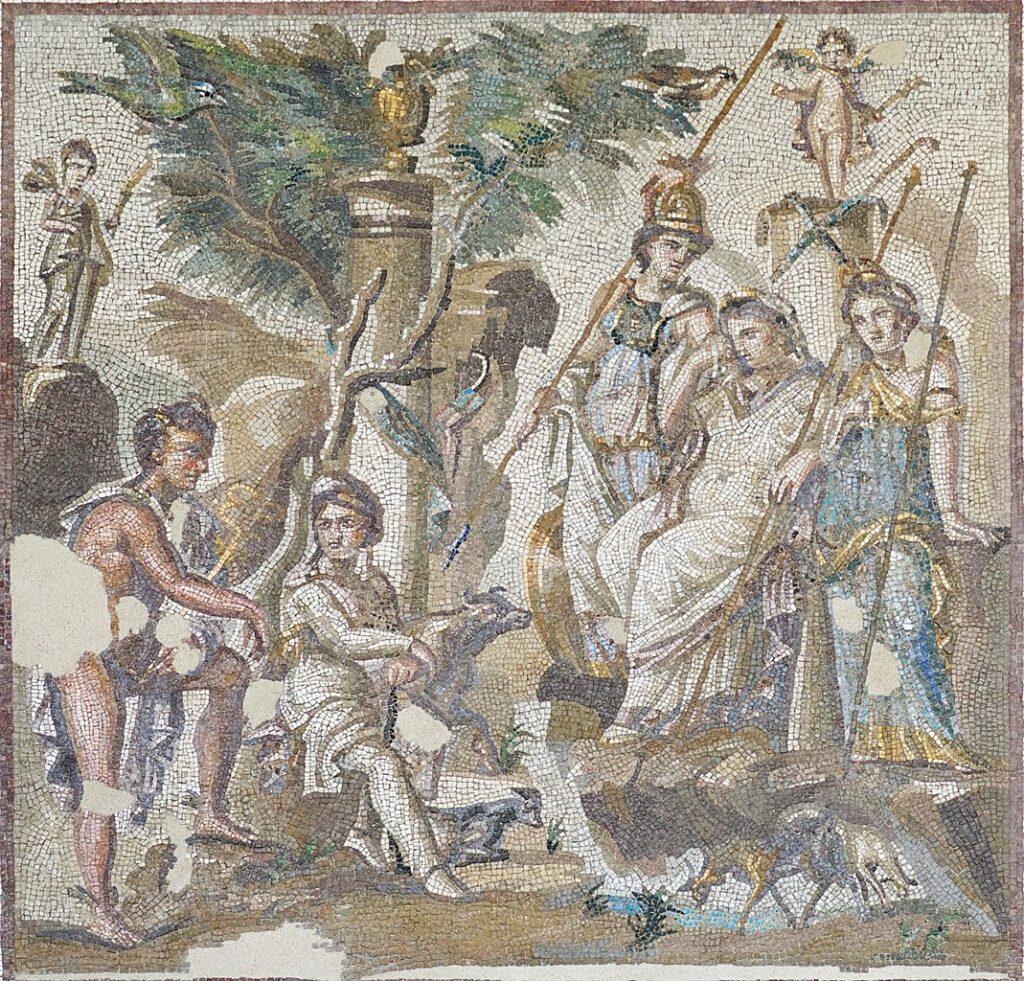
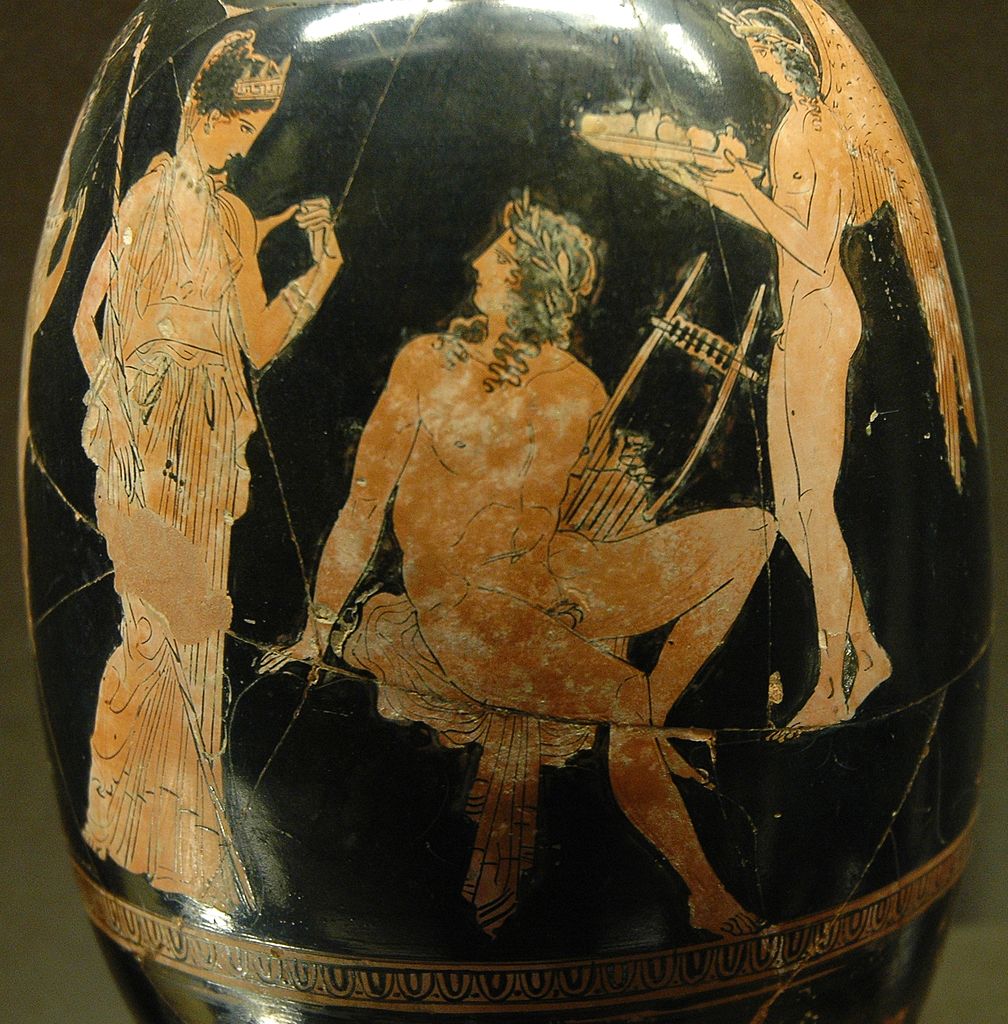
Worship in Ancient Greece
Aphrodite was widely worshipped throughout the ancient Greek world, and her following was particularly strong in the city of Athens. Her worship was associated with love, beauty, and fertility, and her followers would offer her sacrifices and perform rituals to ensure the blessings of these gifts. Aphrodite’s temples were often located near the sea, and her worship was associated with the sea and the beauty of the natural world.
She was also the goddess of fertility and was associated with childbirth and marriage. She was often worshipped by women who wanted to conceive or by couples who wanted to have a happy marriage.
Her role as a goddess of love and beauty was central to many aspects of Greek culture, including literature, art, and religious rituals.
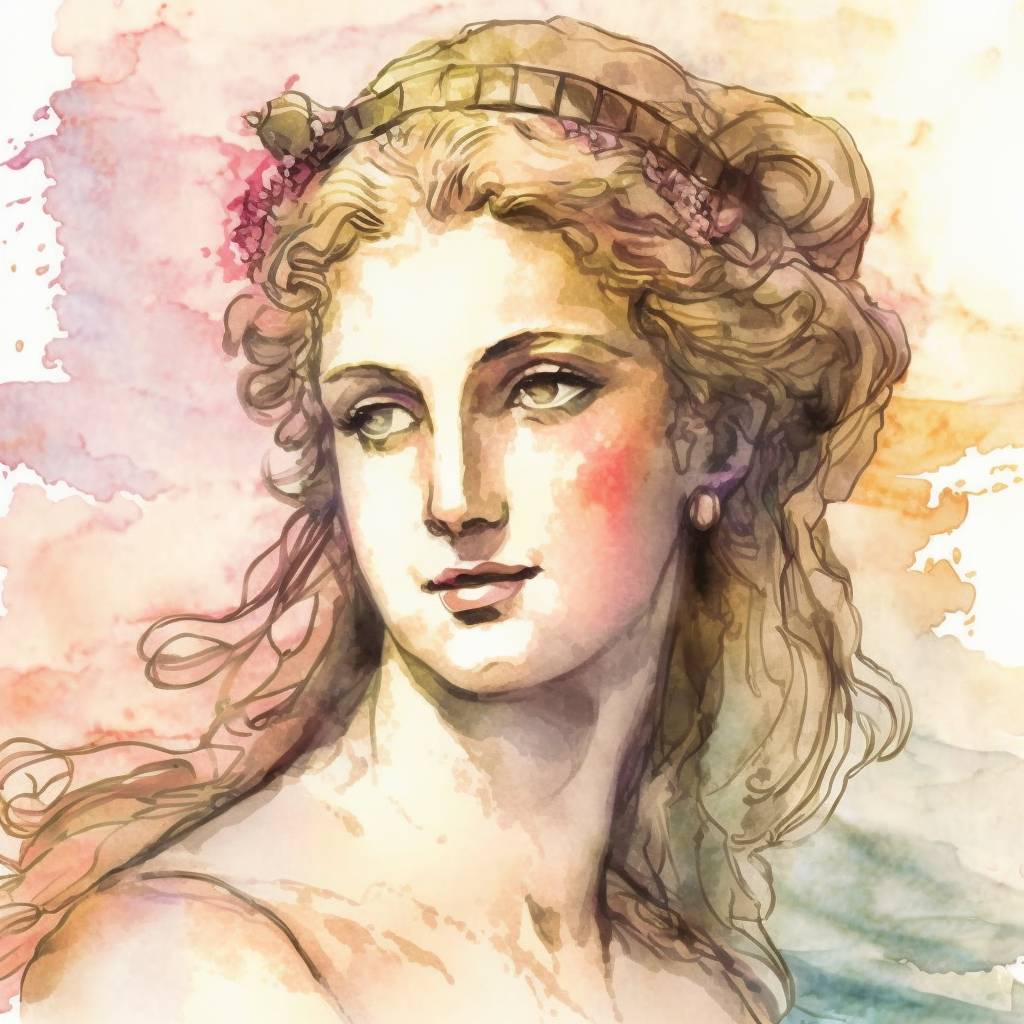
Significance of Aphrodite
Aphrodite was an incredibly significant goddess of ancient Greek religion. As stated above, she was one of the twelve Olympians of ancient Greece and played a significant role in the lives of the ancient Greek people. She was worshipped and honored throughout ancient Greek society for her role as the goddess of love, beauty, and fertility.
She has been referenced in numerous pieces of literatures throughout history and remains an important figure in modern popular culture.

